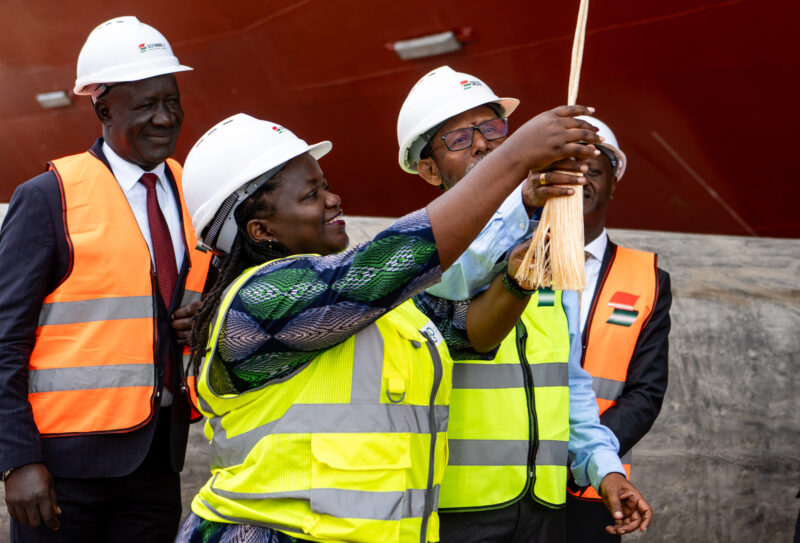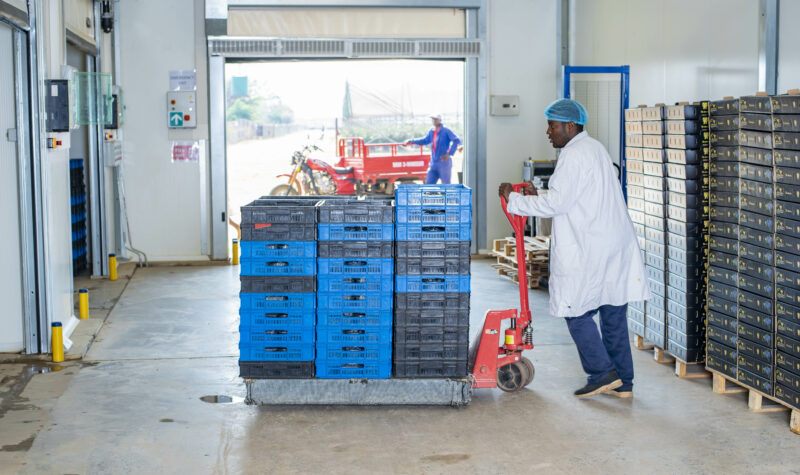US$8m committed to jointly develop 120MW hydropower in Mozambique
11th Nov 2015
On the 11th of November 2015, InfraCo Africa signed a Joint Development Agreement with Tora Holdings S. A. an established local partner. Together they will develop a 120MW hydroelectric plant as one of the first renewables IPPs in Mozambique. The plant and associated infrastructure will not only provide much needed power but also dampen fluctuations in river flow, mitigating the worst effects of regional floods and droughts.
The Pavua project will construct a dam and 120MW hydroelectric power plant, on the Pungué River in the Sofala district of Central Mozambique. The project is currently conducting feasibility studies, assessing environmental and social impact, and establishing a robust Power Purchase Agreement with state-owned utility, Electricidade de Mocambique. Strong project design and documentation will enable the project to attract further private sector investment: it will seek to raise over US$300m of investment by late 2018 to commence operation as Mozambique’s first renewables IPP in 2021.
The Government of Mozambique (GoM) has identified 100 sites, across the country, with a collective hydropower potential of 15,000MW. The GoM’s National Energy Strategy intends to unlock this renewables potential and increase electrification rates, by encouraging private sector investment into power generation. The Pavua project’s holistic design, will not only deliver reliable energy without compromising the country’s efforts to tackle global carbon emissions but also improve the productivity and climate resilience of downstream agricultural economies. The dam and associated reservoir, constructed as part of the Pavua project, will help dampen fluctuations in downstream water levels: reducing maximum flood levels by up to 1.3m and increasing river flow by up to 32m3/s when rainfall is scarce.
InfraCo Africa will invest up to US$8m to fund early-stage development costs for the Pavua project, as well as providing experienced resource (through its principal developer, eleQtra).
Related projects

Mozambique: Pavua
Tapping the potential of water
Latest news
22nd February 2024
Pioneering East Africa Marine Transport vessel launches on Lake Victoria
10th December 2023








